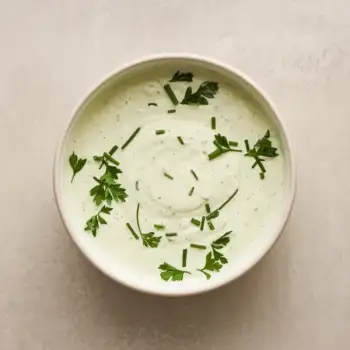


Plain
Greek yogurt in its most common form, thick and creamy with a tangy flavor, available in full-fat, low-fat, and non-fat varieties.
Flavored
Greek yogurt with added flavors such as vanilla, honey, or fruit, often containing additional sugar or sweeteners.
Strained
Traditional Greek yogurt that has been strained to remove excess whey, resulting in a thicker texture and more concentrated flavor.
Non-dairy
Plant-based alternatives to Greek yogurt made from soy, almond, coconut, or other non-dairy sources, catering to vegan or lactose-intolerant consumers.




plain Greek yogurt: Fage
flavored Greek yogurt: Chobani
strained Greek yogurt: Fage Total
non-dairy Greek yogurt: Kite Hill

Baking: In baking, Greek yogurt can be used to add moisture and a slight tang to baked goods. It's often used as a substitute for buttermilk, sour cream, or oil in recipes for cakes, muffins, and breads.
Marinating: Greek yogurt is an excellent base for marinades, especially for chicken or lamb. The lactic acid helps to tenderize the meat while the thickness of the yogurt keeps the marinade in place, resulting in a flavorful and moist dish after cooking.
Finishing Sauces: Stirring Greek yogurt into sauces or soups off the heat can add creaminess and body without the need for heavy cream. It's important to temper the yogurt by gradually mixing some of the hot liquid into it before adding it to the pot to prevent curdling.














